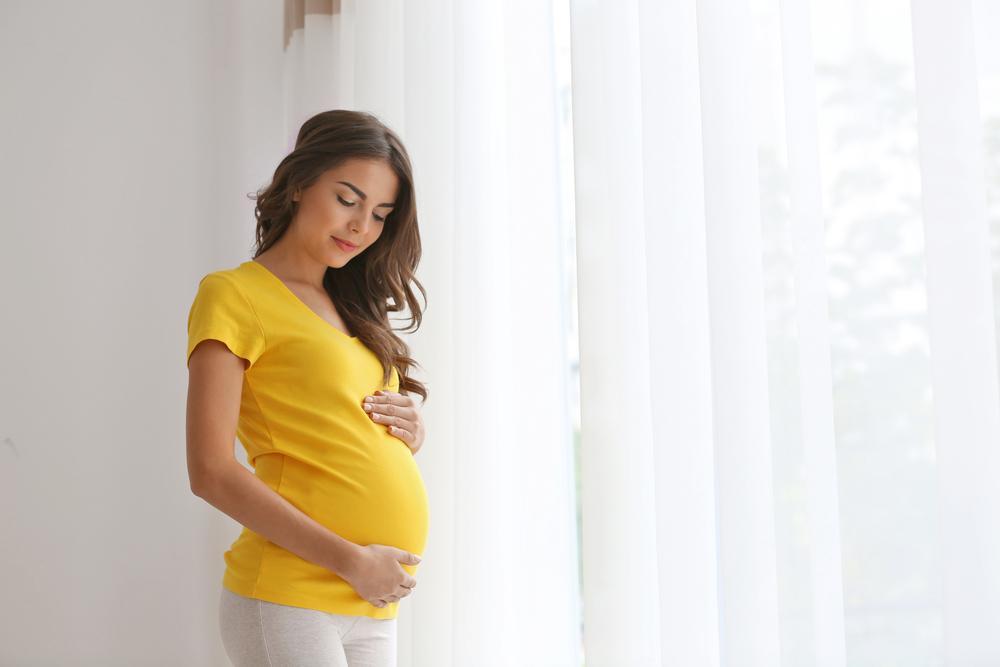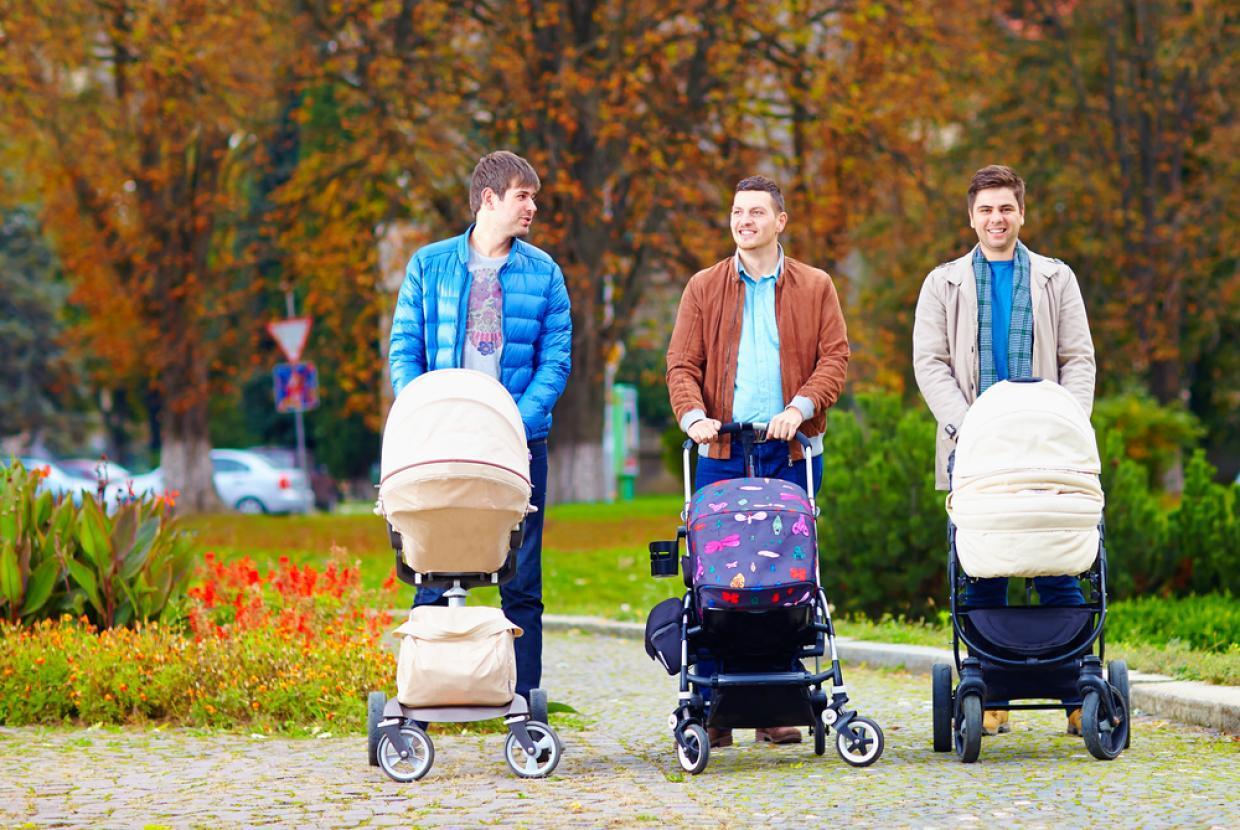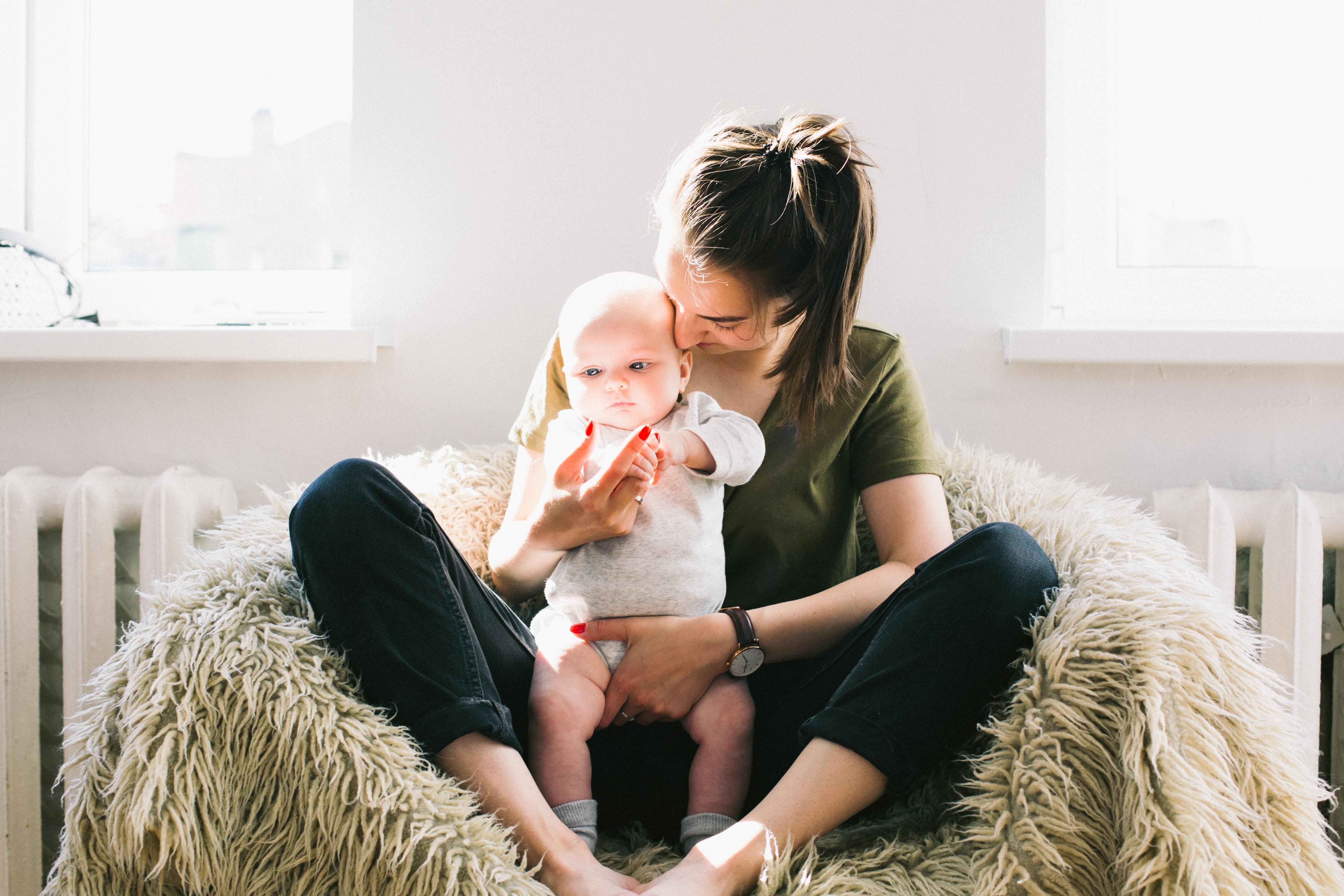Seasonal Flu Vaccine
Family HealthThe flu vaccine is a safe and effective vaccine. It's offered every year on the NHS to help protect people at risk of getting seriously ill from flu. The best time to have the flu vaccine is in the autumn or early winter before flu starts spreading. But you can get the vaccine later.
Flu vaccine and coronavirus (COVID-19)
Flu vaccination is important because:
- more people are likely to get flu this winter as fewer people will have built up natural immunity to it during the COVID-19 pandemic
- if you get flu and COVID-19 at the same time, research shows you're more likely to be seriously ill
- getting vaccinated against flu and COVID-19 will provide protection for you and those around you for both these serious illnesses
If you've had COVID-19, it's safe to have the flu vaccine. It will still be effective at helping to prevent flu.
Who can have the flu vaccine?
The flu vaccine is given free on the NHS to people who:
- are 50 and over (including those who'll be 50 by 31 March 2022)
- have certain health conditions
- are pregnant
- are in long-stay residential care
- receive a carer's allowance, or are the main carer for an older or disabled person who may be at risk if you get sick
- live with someone who is more likely to get infections (such as someone who has HIV, has had a transplant or is having certain treatments for cancer, lupus or rheumatoid arthritis)
- frontline health or social care workers
Where to get the flu vaccine
You can have the NHS flu vaccine at:
- your GP surgery
- a pharmacy offering the service
- your midwifery service if you're pregnant
- a hospital appointment
If you do not have your flu vaccine at your GP surgery, you do not have to tell the surgery. This will be done for you.
Who should not have the flu vaccine
Most adults can have the flu vaccine, but you should avoid it if you have had a serious allergic reaction to a flu vaccine in the past.
You may be at risk of an allergic reaction to the flu vaccine injection if you have an egg allergy. This is because some flu vaccines are made using eggs.
Ask a GP or pharmacist for a low-egg or egg-free vaccine. If you're ill with a high temperature, it's best to wait until you're better before having the flu vaccine.
How effective is the flu vaccine?
The flu vaccine gives the best protection against flu. Flu vaccines help protect against the main types of flu viruses, although there's still a chance you might get flu.
If you do get flu after vaccination, it's likely to be milder and not last as long. Having the flu vaccine will also stop you spreading flu to other people who may be more at risk of serious problems from flu. It can take 10 to 14 days for the flu vaccine to work.
Click here for more information about the flu vaccine.



